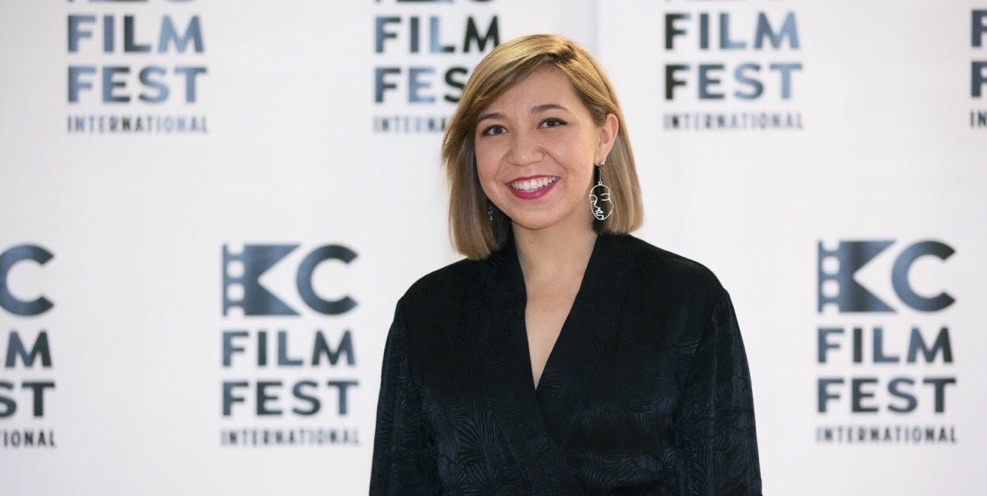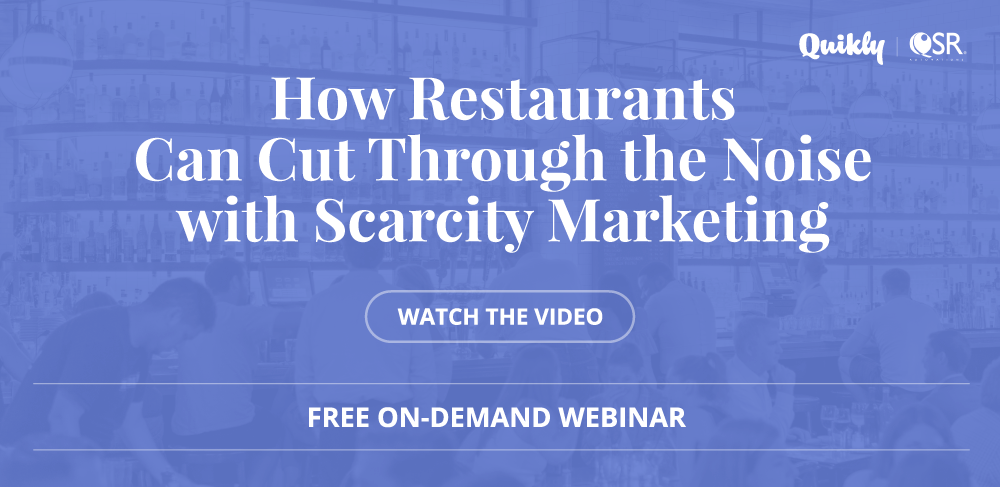
"I'm in marketing"

I never intended to be in this position. When I set out to be a journalist, I wanted to tell stories that “educated and engaged an audience,” which really meant I wanted to share information that would somehow better the lives of others while simultaneously making them feel things. I’m now in marketing — but let me explain.
I earned a bachelor’s degree in journalism from the University of Missouri. By the ripe age of 25, I had worked for a few local news affiliates, a couple national news outlets and a cable news network. After I independently directed a documentary, I wasn’t quite sure what I wanted to do next. Or what anyone does after that, for that matter.
It was around midnight on — I’m not quite sure which day of the week because all of the days feel the same when you’re “working freelance” for an extended period of time — that I stumbled upon a well-advertised job. My skill set seemed applicable and it sounded interesting, so I thought, “Sure, why not?” The position was “brand journalist” for a tech startup.
In the interview process, I found out I’d be helping a company build a following by creating content that would “educate and engage an audience.” Apparently, they liked the idea of me in this role as much as I liked the idea of me in this role because here I am, working for a technology platform that uses consumer psychology to help marketers achieve acquisition and retention goals faster and more cost-effectively.
The night before I started, I fell asleep to a republished episode of "This American Life," which was conveniently titled "Plan B." The description read: “There’s a thing you plan to do, and then there’s the thing you end up doing. Most of us start off our lives with some Plan A, which we abandon ... switching to a Plan B, which becomes our life.” An omen, I thought.
It was in my second meeting on my first day of work that someone asked why I made the switch from journalism to marketing. My answer was “boredom” in addition to “the state of the media.” I walked away thinking I should have said something more robust about the learning opportunity, content creation and my excitement for it all. Maybe I should have mentioned that I come from a long lineage of businessmen, and I had finally succumb to some sort of family gene. But there was something else at play here: I was doing exactly the thing I originally set out to do.
That night, I realized I was fresh out of almond butter, a staple ingredient in my daily protein smoothie. The thought of going without it the next morning was too much to bear for 9:30 p.m. on a Monday, so I took myself to the grocery store.
As the woman at the register rang up the contents of my future smoothie, she started telling me about how tired she was, but not to worry since she didn’t have to work the next day. I did my best smile-and-nod as she overshared more details about her life. Eventually, she wanted to know if I worked tomorrow. I told her I did.
“What do you do?” she asked as she handed over my receipt and grocery bag.
I paused and then responded, “I’m in marketing.”
It was the first time I uttered these words out loud to a fellow human being. It felt foreign, awkward, as if it all came stumbling out of my mouth.
She furrowed her brows, shrugged her shoulders and remarked “uck” as if I had said something truly disgusting. I laughed nervously and walked back to my car in confusion as to how I had made a total stranger cringe with such few words.
Surely, she must’ve been thinking about the old way of marketing, specifically outbound. HubSpot’s CEO, Brian Halligan, describes outbound marketing as forcing consumers to engage through interruptive experiences, like email blasts to purchased lists and cold calling. In a blog post, he said it’s a way for a marketer to “push his or her message out far and wide hoping that it resonates with that needle in the haystack.” And to be quite honest, that’s how I thought of marketing too until pretty recently.
Inbound marketing, on the other hand, attempts to add value to people’s lives without even asking them to pay for it, hence the reason Quikly hired a trained journalist to create free content geared toward B2C marketers. HubSpot Academy defines inbound as “a philosophy based around helping people” by sharing knowledge that’s empowering while letting consumers seamlessly discover a marketer’s message.
That said, there’s a common phrase tossed around that describes what I’m doing now, no matter how I’m doing it: "Marketers ruin everything." Internet sensation and CEO of VaynerMedia, Gary Vaynerchuk, has talked widely about this topic, explaining that whenever people are paying attention, there’s an opportunity to sell. This inevitably saturates platforms people are paying attention to, like Facebook and Instagram. That’s why he believes anyone in sales today needs to be able to tell a story that differentiates their brand. And he’s not wrong. Because here I am. Telling you a story.
It was on my second day of work that my boss sent me research by Simon Sinek, author of "Start With Why." His famous TED Talk goes in-depth about what he believes is most essential to the success of any organization or individual, which is identifying why they’re doing it.
So I didn’t intend to be a brand journalist. This wasn’t my Plan A. The thought of doing my job might make strangers cringe. But if ruining everything looks like adding value to the lives of others, sharing information that empowers an audience while simultaneously making them feel things on their terms, then yes: I’m excited to be in marketing.

Andrea Gonzales-Paul is a brand journalist at Quikly. Her background is in storytelling, specifically working in TV news and documentary filmmaking.

